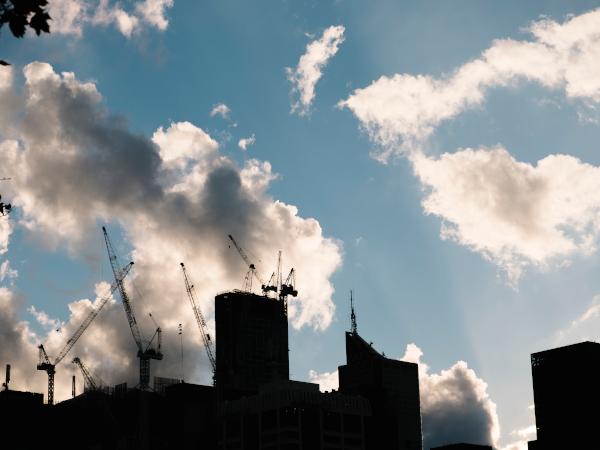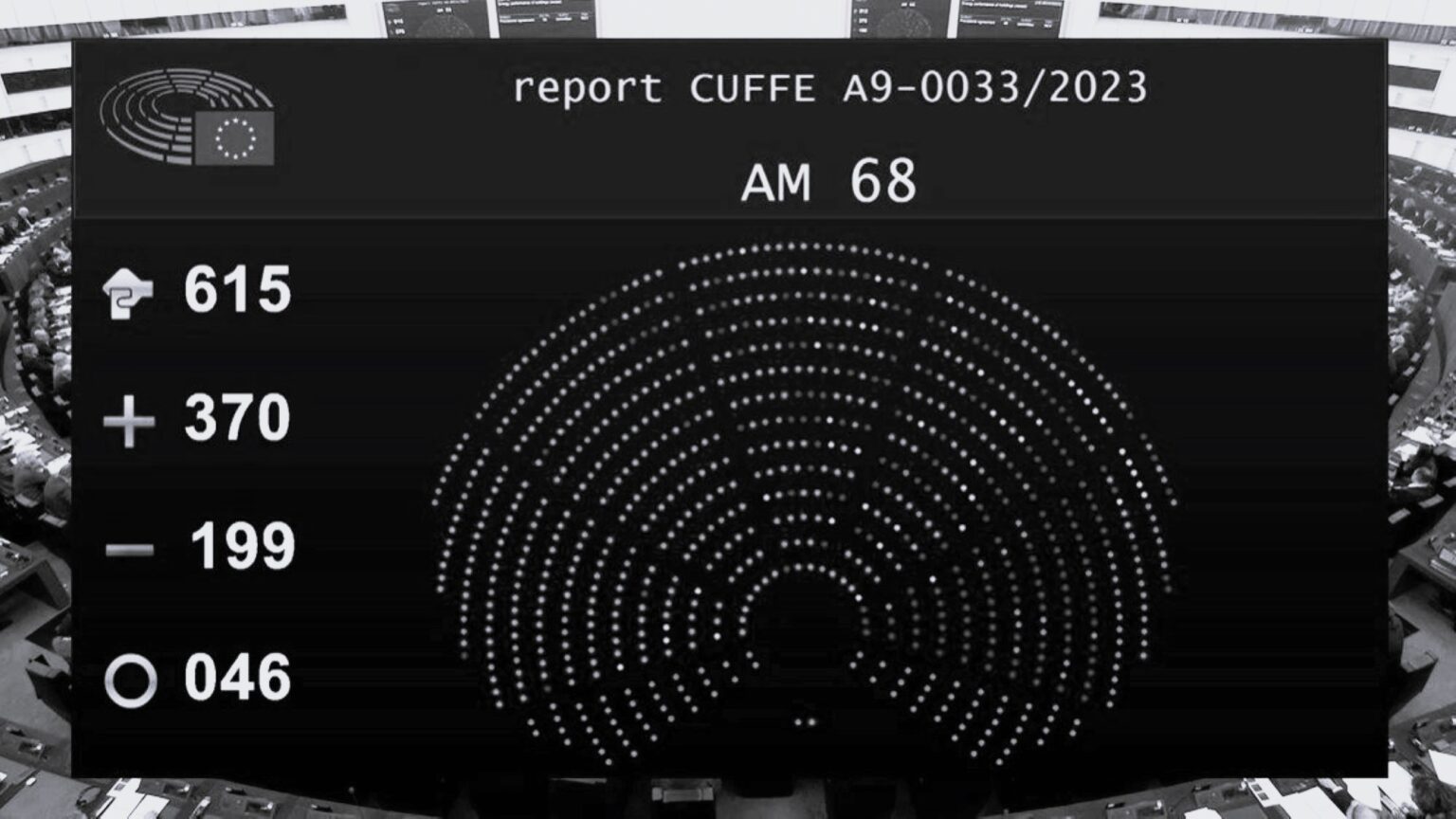Urgent Call for Action: Energy-Intensive Industries Unite in Addressing the 2040 Climate Target
In a pivotal moment for both the European climate agenda and energy-intensive industries, the Alliance of Energy-Intensive Industries issues a joint statement emphasizing the pressing need for enabling conditions to transition towards the ambitious 2040 climate target. These industries form the bedrock of European manufacturing and its intricate value chains, making the forthcoming transformation a complex challenge. With less than two decades to achieve this formidable goal and amid economic and geopolitical challenges, a solid business case supported by an innovative industrial policy becomes imperative.
The ambitious EU 2040 climate target demands a profound reshaping of energy-intensive industries, which serve as the backbone of European manufacturing and its intricate value chains. However, achieving this goal is not without hurdles, considering the economic and geopolitical challenges Europe faces, including high energy prices, an economic slowdown, value chain bottlenecks, and a lack of a level international playing field.
A successful transition necessitates a robust business case, requiring ambitious industrial policy alignment with climate policies. The current European approach, relying on unilateral targets and carbon pricing, proves insufficient without equivalent climate regulation by third countries. To surmount these challenges, Europe urgently needs a comprehensive, investment-friendly framework that considers the new geopolitical context.
The key prerequisite for such a framework is access to internationally competitive energy and decarbonization infrastructure. Europe must bridge its current gap by expediting investments in capacity and infrastructure related to electricity, hydrogen, carbon capture, utilization, and storage. Additionally, industrial consumers must benefit from these investments.
Simplified rules on EU and national funding for both capital and operational expenditures are crucial to accelerate the transition from demonstration to industrial-scale deployment and commercialization. Supporting a wide range of technologies and solutions, resolving administrative bottlenecks, and creating demand-side policies for climate-neutral and circular products are essential components of this strategy.
Furthermore, the competitive transition of energy-intensive industries toward climate neutrality relies on international fair competition. Strengthening policy instruments to ensure a genuine level playing field for EU industries is paramount. Addressing carbon and investment leakage through a robust anti-leakage framework and providing clarity on a realistic framework for the period 2031-2040 to tackle residual industrial emissions are vital steps.
As the EU stands at a make-it or break-it moment, the alliance asserts that this is an opportunity to reverse deindustrialization risks and reinforce both climate and industrial leadership. Energy-intensive industries are committed to contributing to Europe’s welfare and decarbonization, bringing quality jobs and continuous innovation. However, their success depends on a supportive regulatory framework, urgently needed to navigate the complexities of the 2040 climate target.
Source: glassallianceeurope.eu with additional information added by GlassBalkan







